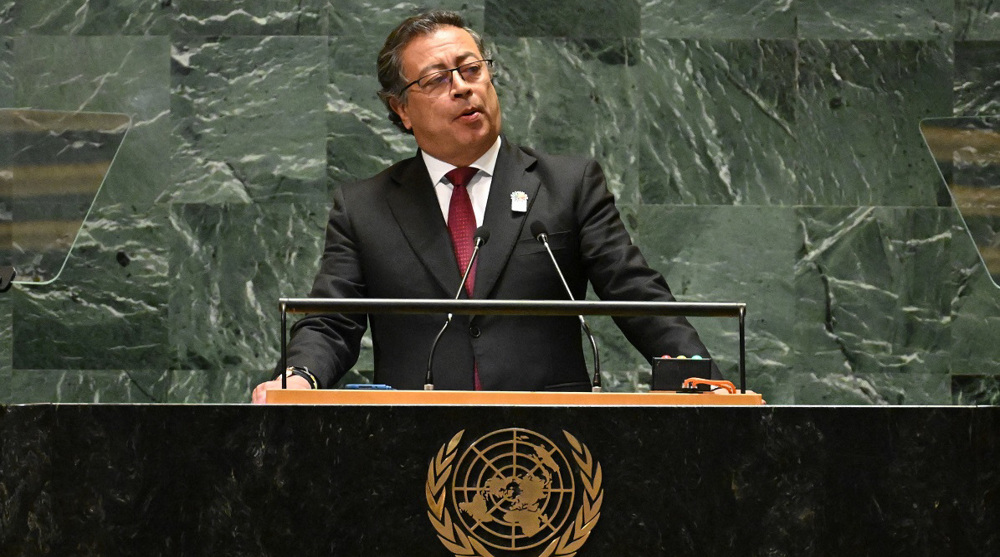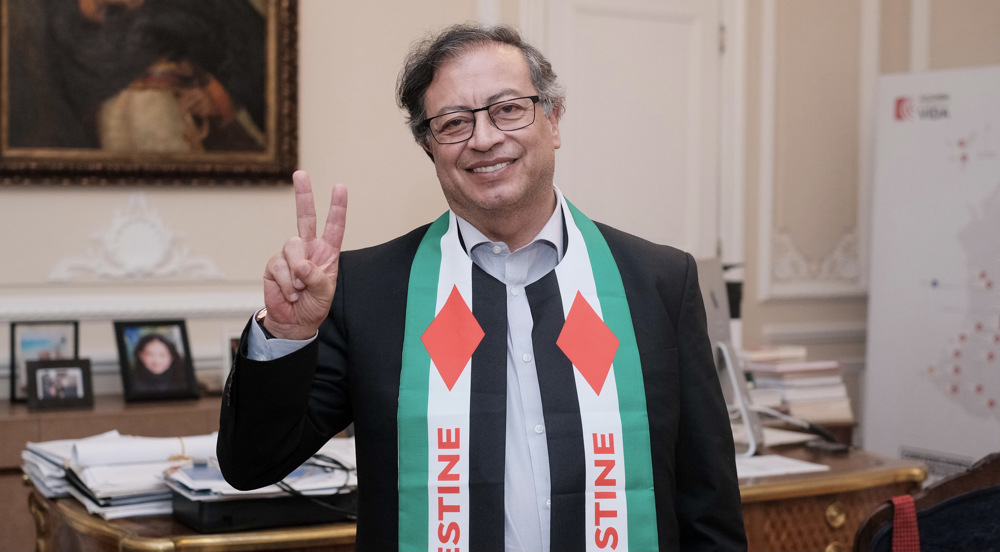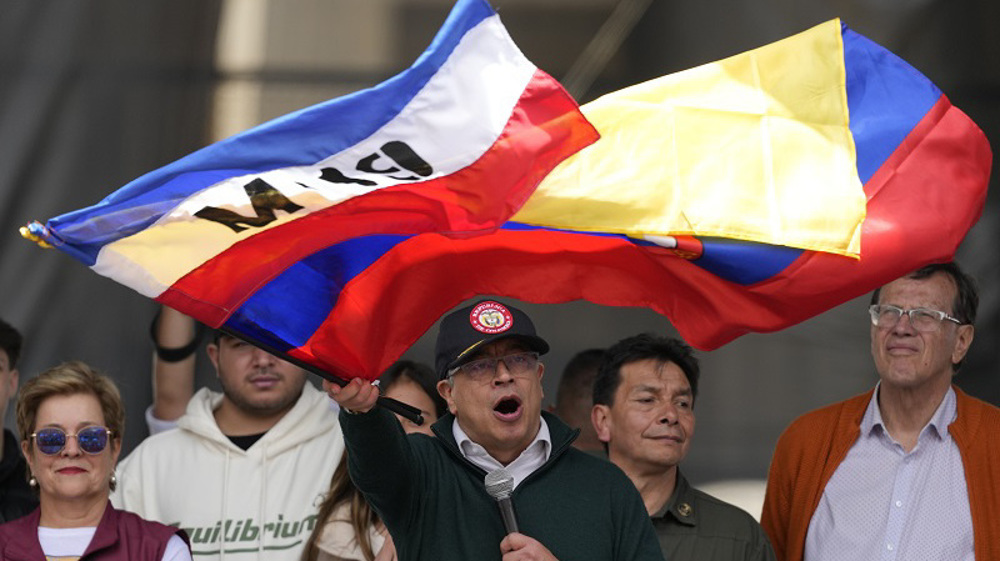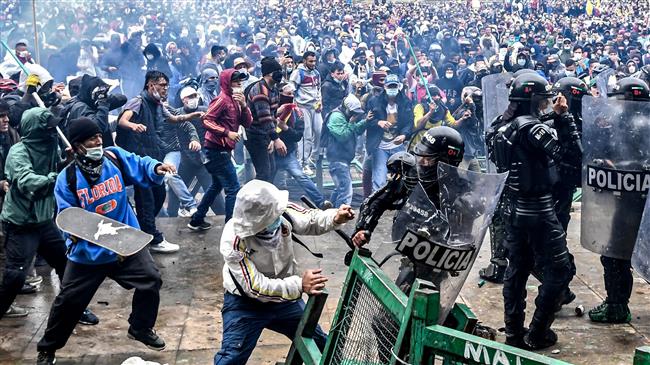Colombia's president withdrawing 'vital' tax reform after bloody protests
Colombian right-wing President Ivan Duque is withdrawing a controversial tax reform proposal which drew widespread anger and deadly protests across the South American nation.
The proposed reform would have increased taxes on individuals, businesses, public services and some food items.
The president had previously described the reforms as key to stabilizing Colombia’s finances.
But unions and other groups began holding street protests on Wednesday to demand that the government withdraw the proposal.
Following widespread protests, which descended into violence in some cities, Duque said on Friday that the law would be revised but not in its entirety.
He said the law will not include sales tax on food or utilities or an expansion of income tax.
The promise, however, failed to quell the protests that continued across the country on Saturday.
The president's office released a video on Sunday, in which he said he was “asking Congress to withdraw the law proposed by the finance ministry.”
Duque, however, said he asked the Congress to “urgently process a new law that is the fruit of consensus, in order to avoid financial uncertainty.”
The central bank warned on Friday that a failure to approve the reform could have a negative impact on the economy.
The right-wing government had previously insisted that the reforms were vital to stabilizing Colombia’s finances, maintaining its credit rating and funding social program.
Despite the president’s pledge to withdraw the proposed tax reform, protests continued in some cities on Sunday.
Duque ordered deployment of “military assistance” to cities at high risk for violence.
Meanwhile, the rights organization Human Rights Watch said it had received reports of possible police abuse in the country’s third-largest city, Cali.

The city has seen the most violent protests, some looting and the burning of multiple city buses.
According to national human rights ombudsman, Carlos Camargo, three protesters have died in Cali, and another three deaths in the city were being investigated.
Local human rights groups, however, reported up to 14 deaths in the city.
Camargo said one death each occurred in Bogotá and the city of Neiva, adding that a police officer also died of injuries sustained in the city of Soacha on Wednesday.
A further 179 civilians and 216 police officers have been injured nationally, he added.
Iran: US airstrikes on Yemen war crimes, violation of international law
Yemeni armed forces down F-18 fighter jet, repel US-UK attack: Spokesman
Iran warns against US-Israeli plot to weaken Muslims, dominate region
VIDEO | Public uproar in US against Israeli regime
‘Ghost town’: 70% of Jabalia buildings destroyed by Israel
Mother’s Day: Sareh Javanmardi’s inspiring journey as Paralympic champion and mother
Russia downs over 40 Ukrainian drones as Putin vows 'destruction' on Kiev
VIDEO | Yemen: A bone in Israeli neck











 This makes it easy to access the Press TV website
This makes it easy to access the Press TV website